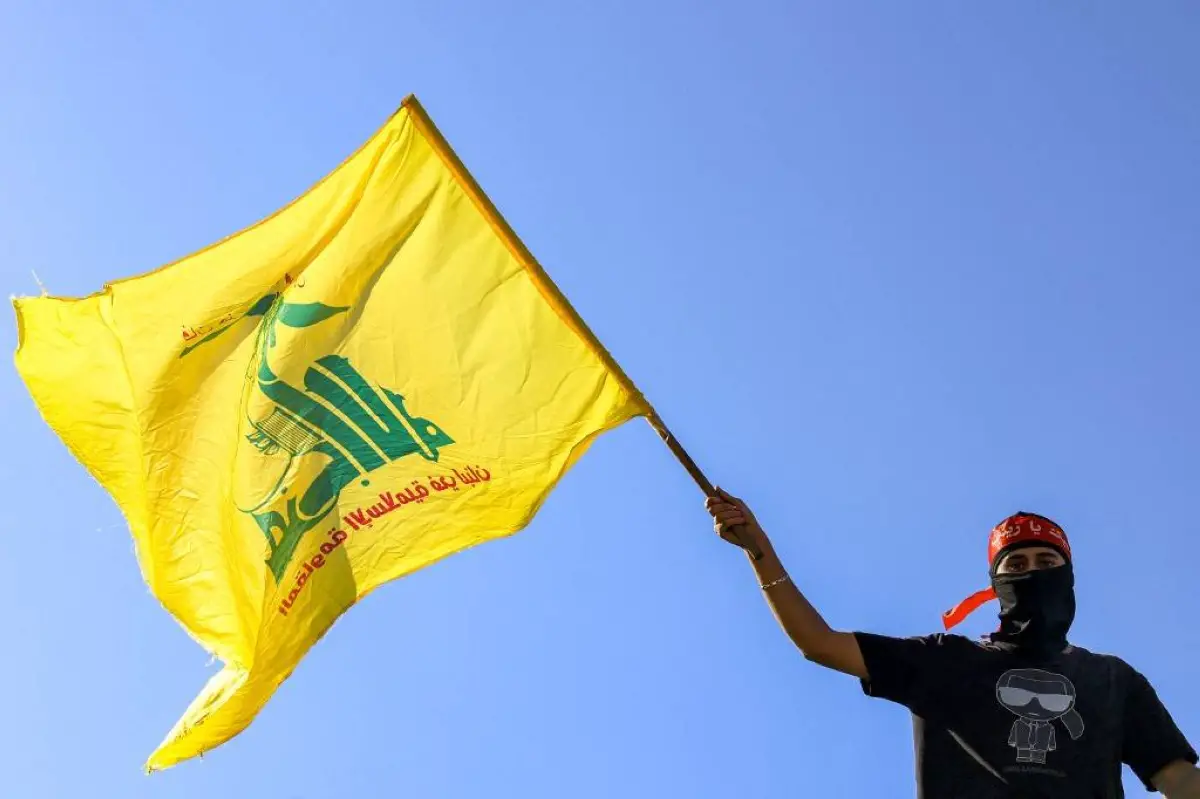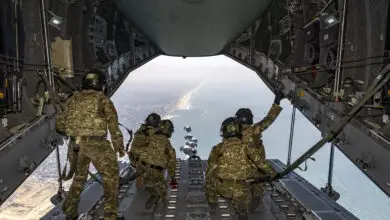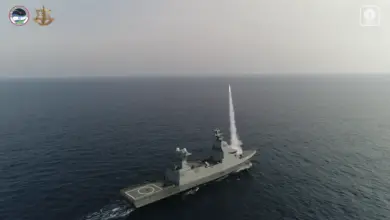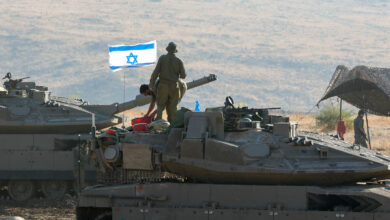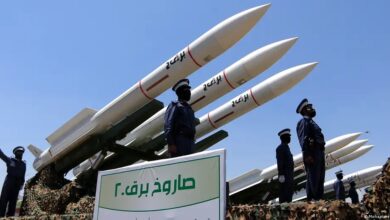Is Hezbollah Heading Towards Open Conflict With Israel?
Cross-border exchanges between Israel and Iran-backed Hezbollah have been gaining pace as Israel battles Hamas militants in Gaza. But does the powerful Lebanese movement really seek to enter open conflict with Israel?
Hamas militants stormed into Israel from the Gaza Strip on October 7, killing at least 1,400 people, mostly civilians, according to Israeli officials.
Israel’s retaliatory bombing campaign has killed more than 5,000 Palestinians, mainly civilians, according to the Hamas-run health ministry.
As Israel and Hezbollah trade near-daily cross-border fire, AFP looks at the group’s support for Hamas, its capabilities, and whether the Shiite Muslim movement really seeks to open a new front against Israel from southern Lebanon.
Why Does Hezbollah Support Hamas?
Since the Hamas attack, tit-for-tat cross-border fire between Israel and Hezbollah has been relatively contained — part of a delicate balancing act at the border.
Some 41 people have been killed on the Lebanese side, according to an AFP tally, mostly combatants but including four civilians, one of them Reuters journalist Issam Abdallah.
Four people have been killed in Israel, including three soldiers and one civilian.
Hezbollah, founded in the 1980s to fight Israel’s occupation of southern Lebanon, is the only Lebanese faction to have kept its weapons after the 1975-1990 civil war.
In 2006, Israel and Hezbollah fought a bloody conflict that left more than 1,200 dead in Lebanon, mostly civilians, and 160 in Israel, mostly soldiers.
Hezbollah and Sunni Muslim group Hamas have long been part of a “joint operations room” that includes the Quds Force — the foreign operations arm of Iran’s powerful Islamic Revolutionary Guard Corps — a source close to Hezbollah previously told AFP on condition of anonymity.
The groups are part of the so-called “axis of resistance” — Lebanese, Palestinian, Syrian, and other Iran-backed armed opposition to Israel.
Michael Young from the Carnegie Middle East Center said Hezbollah supported Hamas because ideologically they are “on the same wavelength in their opposition to Israel.”
The “axis of resistance” has always tried to highlight that it is not simply a Shiite Muslim arrangement, he said, and “Hamas plays a significant role in giving this a cross-sectarian identity.”
“Hamas is at the heart of the Palestinian issue, which is very much part of Hezbollah and Iran’s revolutionary identity,” Young added.
What Are Hezbollah’s Capabilities?
Hezbollah is Lebanon’s most prominent political and military player, with an arsenal including guided missiles that is considered more powerful than Lebanon’s national army.
Tehran provides Hezbollah with financial and military support while neighboring Syria — where the group has been fighting on the side of President Bashar al-Assad for years in his country’s civil war — facilitates the transfer of weapons.
Since the end of the 2006 conflict, Hezbollah has not had a visible military presence on Lebanon’s southern border, which is patrolled by United Nations peacekeepers.
However, experts and reports say the group has positions, hideouts, and tunnels in the area, whose territory its members know intimately.
In October 2021, Hezbollah chief Hassan Nasrallah said his group had 100,000 armed fighters at its disposal, and the movement enjoys broad popular support in southern Lebanon.
For years, Nasrallah has boasted that his group’s weapons could reach deep into Israeli territory.
In August, he said it would take just “a few high-precision missiles” for Hezbollah to destroy Israeli targets, including “civilian and military airports, airbases, power stations” and the Dimona nuclear facility.

Will Hezbollah Go Further?
Israeli Prime Minister Benjamin Netanyahu said Sunday that Hezbollah would make “the mistake of its life” if it started a war with Israel.
Analysts previously told AFP that an escalation could hinge on an Israeli ground invasion of Gaza.
Imad Salamey, a political analyst from the Lebanese American University, said Hezbollah could escalate its attacks but also “doesn’t want to distract attention from the ongoing conflict between the Palestinians and Israelis.”
Carnegie’s Young said Hezbollah’s activities aimed to draw Israeli forces away from Gaza so the military push there “would be stalled or thwarted.”
“Alternatively, they (Hezbollah) want to create such fear of a regional conflagration that there will be pressure at the United Nations, maybe this time supported by the United States, to call for a ceasefire,” he added.
Both Young and Salamey expressed doubt that Iran would let Hezbollah enter into a full-blown confrontation with Israel simply to ease pressure on Hamas.
“I don’t think that Iran wants to sacrifice Hezbollah, and I don’t think it considers this a necessity,” Young said.
“Hezbollah can enter the battle within a certain contained limit,” he added.

